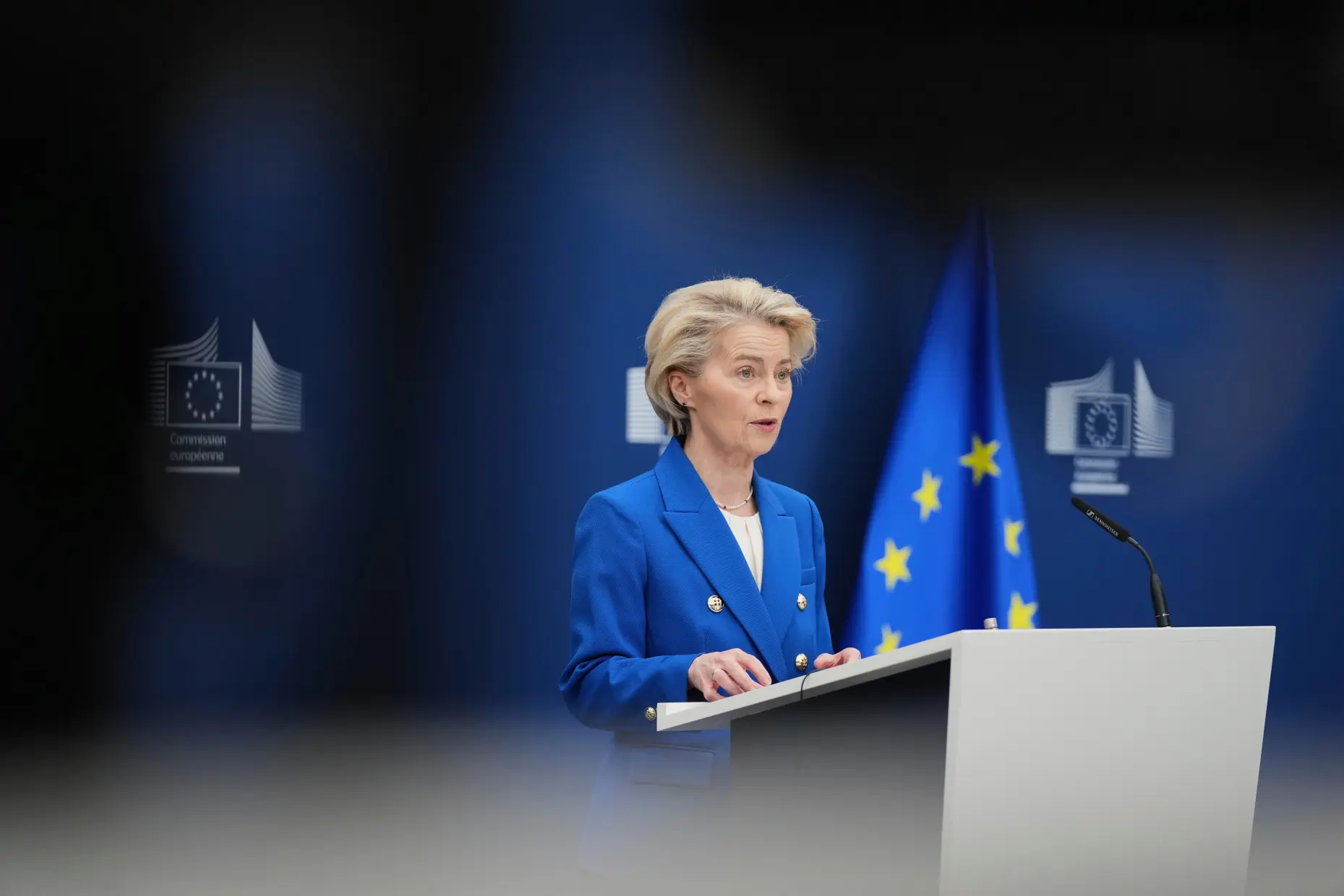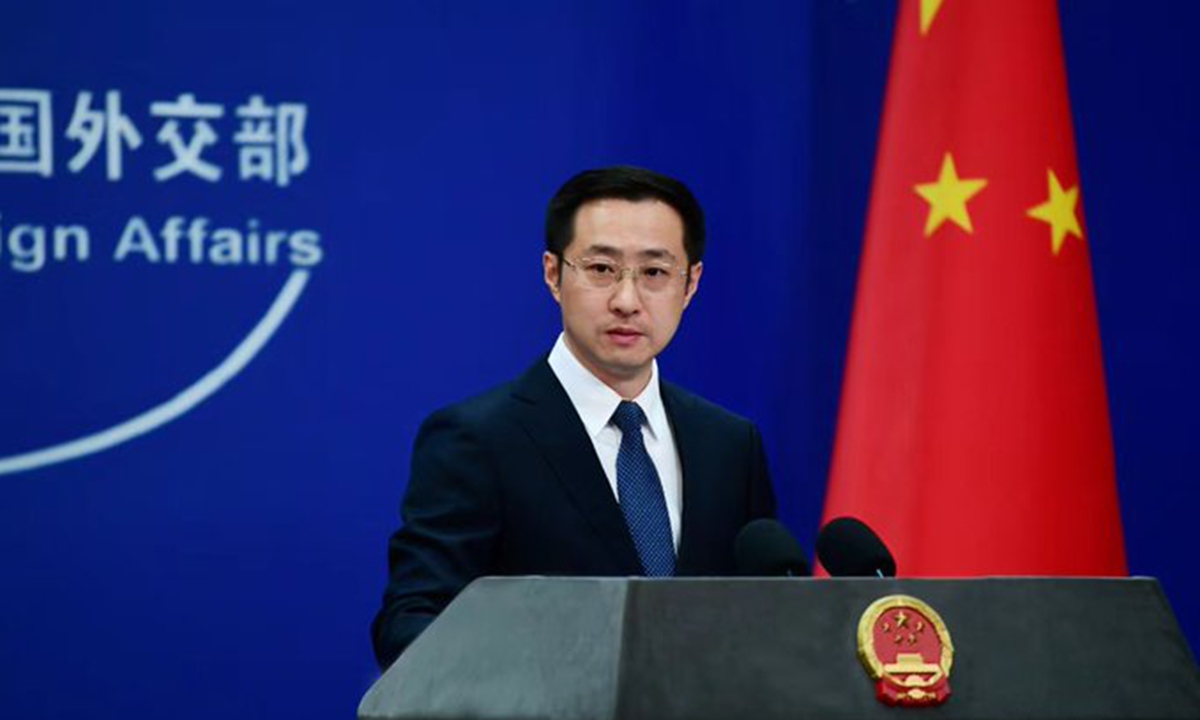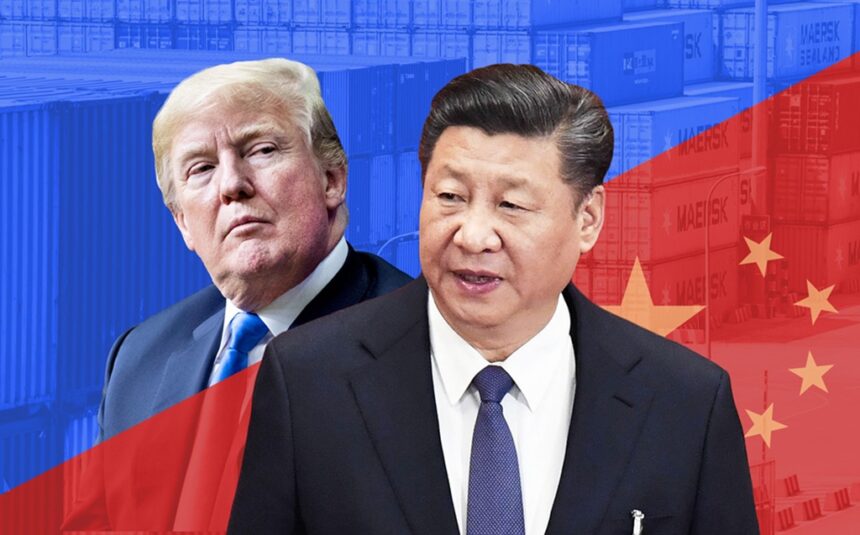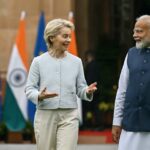Following President Donald Trump’s announcement of sweeping “reciprocal” tariffs, tensions have escalated within political circles and among the public. Protests erupted in multiple cities nationwide as Americans voiced concerns over rising costs of living and economic uncertainty.
The new tariff policy coincided with sharp declines on Wall Street. Major indexes suffered significant losses, with the S&P 500 dropping nearly 6%—its worst week since 2020. Fears of a potential global trade war and recession continue to grow, according to reports from CBS News.
Consumer behavior has also shifted. Many rushed to purchase big-ticket items ahead of the tariff implementation, ABC News reported.
The policy has sparked discord within the U.S. government. Treasury Secretary Scott Bessent is reportedly seeking an exit from the administration, citing damage to his credibility following the tariff rollout, according to MSNBC.
Elon Musk, head of the Department of Government Efficiency (DOGE), suggested creating a free-trade zone between Europe and North America, as reported by the Associated Press.
California Governor Gavin Newsom criticized the policy, stating that it did not reflect the values of Californians, who heavily rely on international trade. Meanwhile, former Vice President Kamala Harris praised protesters for advocating for social programs like Social Security and Medicare.

International Reactions to Trump Tariffs
International partners have expressed concern over the Trump tariffs. European Commission President Ursula von der Leyen warned of proportionate countermeasures if necessary, following a call with UK Prime Minister Keir Starmer. Starmer and French President Emmanuel Macron also discussed the broader economic and security implications of the tariffs, particularly in Southeast Asia.
High tariff rates are expected to hit specific regions hard. For instance, imports from Vietnam will face a 46% tariff, while those from Cambodia will face a 49% rate, according to the BBC.
Experts note that the Trump tariffs are unlikely to resolve the structural problems plaguing the U.S. economy, such as inefficiency and rising deficits. Instead, they may exacerbate economic instability for American households while disrupting global trade.
Zhou Mi, a senior researcher at the Chinese Academy of International Trade, pointed out that the tariff policy increases living costs for Americans and contributes to market volatility. Li Yong, a senior fellow at the China Association of International Trade, warned that such measures undermine the global trade system and hinder mutual economic growth.

China’s Response
China has responded decisively to the Trump tariffs. Starting April 10, a 34% tariff will be applied to all imported U.S. products, the Customs Tariff Commission of the State Council announced. The Chinese government emphasized its commitment to safeguarding national interests and opposing unilateral actions.
China reaffirmed its dedication to opening its markets to the world, despite shifting global dynamics. Officials described the move as a necessary step to maintain stability and foster economic development.
Zhou Mi noted that China’s approach highlights the importance of multilateral cooperation and underscores its opposition to unilateralism. While the U.S. tariffs aim to reshape global trade for domestic gain, analysts predict these efforts will ultimately fail to achieve their intended outcomes.
The Trump tariff policy has ignited debate, protests, and economic uncertainty. As global tensions rise, the long-term impacts on trade relationships and domestic stability remain unclear. Both the U.S. and China appear firmly committed to their respective strategies, leaving the global trade system in a state of flux.

Geoff Thomas is an award winning journalist known for his sharp insights and no-nonsense reporting style. Over the years he has worked for Reuters and the Canadian Press covering everything from political scandals to human interest stories. He brings a clear and direct approach to his work.














